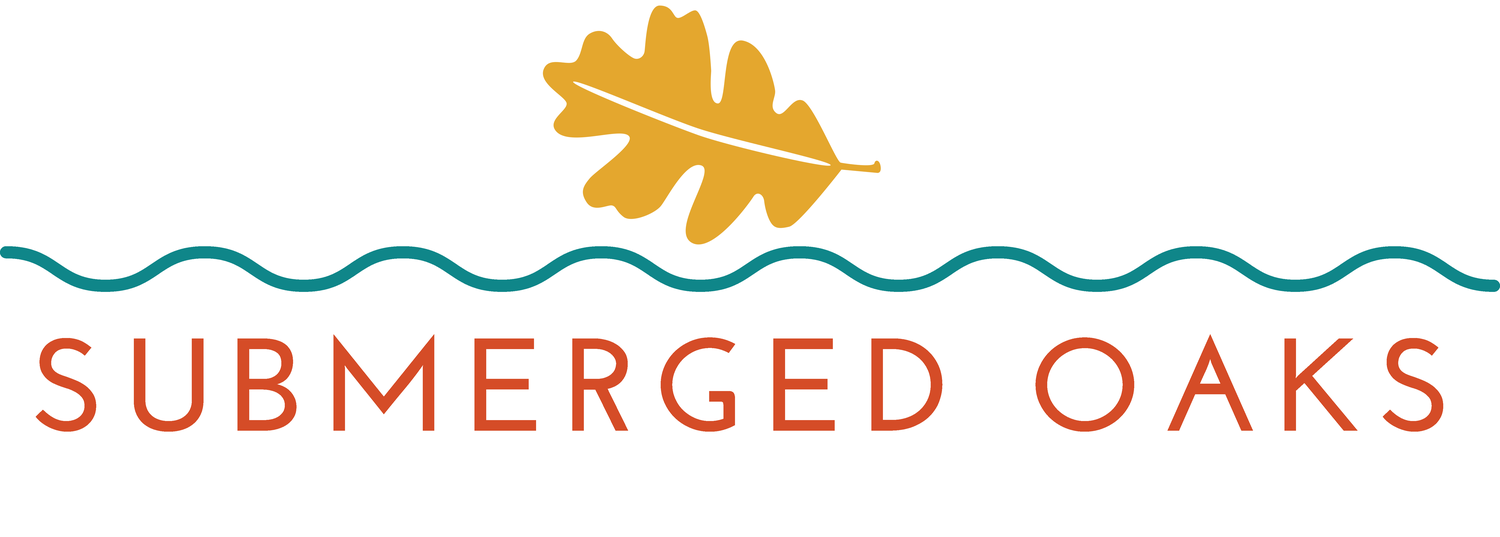German Garbage Separation - A Futile Task
/Going ''green'' is not a new phenomenon, nor is it uniquely German. In the US, well, at least in Michigan, returning your pop cans and other forms of recycling are common. However, recycling is usually limited to aluminum cans from preserved foods, perhaps glass, and old newspapers and boxes. Composting is becoming more common, but it still rarely seen. In Germany, they recycle, quite literally, everything. And learning how to do it properly can take years to master. Here is the 9 page document for Mannheim on proper garbage sorting. Yes, 9 pages. On garbage. Did I mention that Germans also tend to love paperwork ;)
There are five classes of garbage in Germany:
- Paper
- Glass
- Bio
- Other Recyclables
- Restmüll
Let's start off with the easiest, paper. Nearly all paper is recycled - newspapers, flyers, cardboard boxes and even the paper milk cartons. If it's paper or paper-based, in it goes, unless it's really dirty.
Example of the glass recycling containers found all over town
Then there's the glass. Thankfully, most beverage containers have a pfand (deposit, and yes, the p and f are both pronounced) so you can take those back to the store and get your pfand back. Side note, the pfand on water bottles is 25 cents. For beer bottles, it's 7 cents. Not entirely sure how that works. The glass containers that don't have a pfand though - jam jars, oil bottles, wine bottles, etc. - those should be recycled. Throughout the neighborhood, there are glass recycling stations. They are basically big bins with a colored dome one top - white, green and brown - and it's pretty self-explanatory. If it's blue, purple or any color other than green or clear, it goes in the brown glass container.
Back in Michigan, Aaron and I used to compost (way easier, and not nearly as smelly as it sounds). Many Germans also compost. Pretty much all food waste, except for meat and bones, can go into a compost bin. Our building doesn't have one though, so it goes into the regular garbage, no garbage disposal either :(
Herr Gelbe Sack to encourage you to recycle!
Now, the tricky one, ''other recyclables.'' This is pretty much most items. If it's plastic (doesn't matter what kind), metal, or styrofoam, it goes in here. In some cities, these are separate yellow bins. In Mannheim, we use Gelb Sacks, which are provided free of charge by the city. Which works great, until they run out of them and your building then receives a scathing letter from the waste management authority indicating that your building is producing too much garbage. True story.
And finally, there is the Restmüll. Pretty much everything that doesn't belong in one of the other bins, goes in here. Everything from kitty litter, to heavily soiled paper and other household waste. The only exception that I have noticed to this is batteries and large household electronics. Batteries have their own special recycling bins which are located everywhere batteries are sold (how convenient).
So now, when I go to throw something away, I can't just toss it in the garbage can under the sink. No, I have to actually think about it. Is it glass? Does it have a pfand? Does it belong in a gelbe sack or in the restmüll? Where do I put my food waste again? What about the bones from the chicken? It all makes my head hurt. And this is just typical, day to day garbage. In the middle of a bathroom remodel? You better also plan on getting an advanced degree in garbage sorting and waste removal (sounds like a legit degree, right?). Sometimes, I get frustrated and just give up and toss it in the restmüll. I'm a bad German.
- Meghan -

















